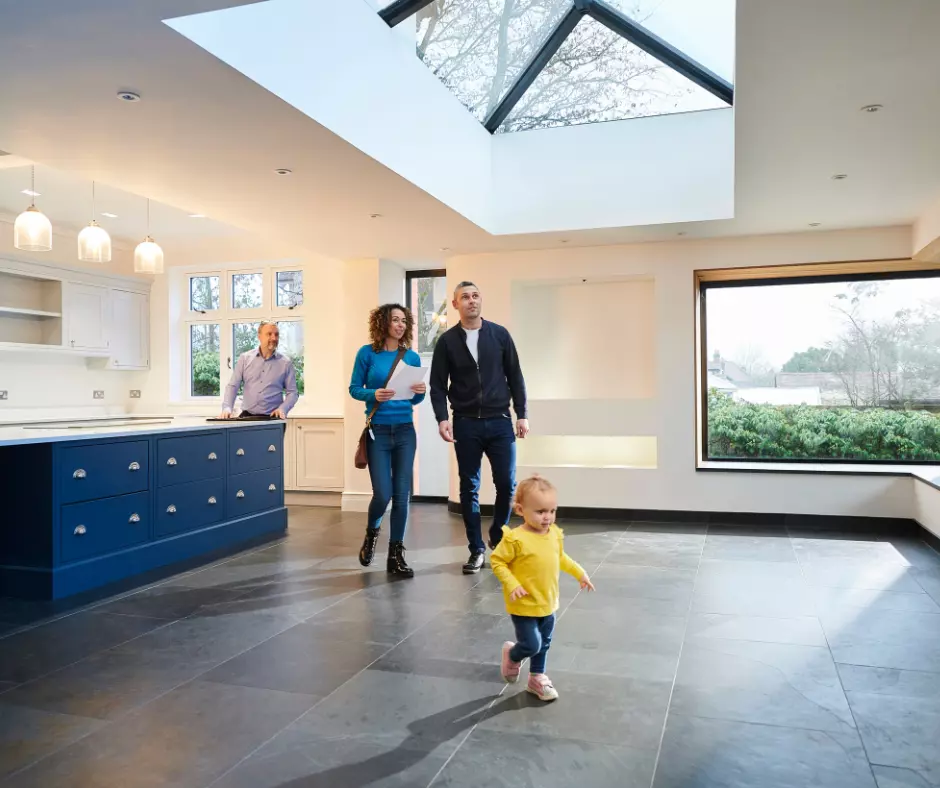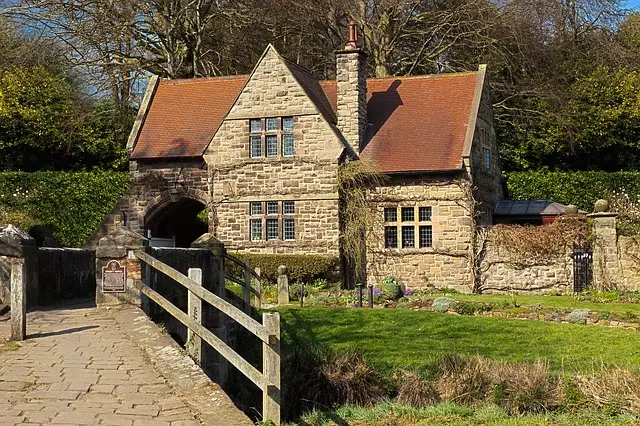How much does a loft conversions cost?
9 października, 2020Breathing new life into your home – the power of refurbishment and decoration
27 lipca, 2023Do you need an extra space in your house? The solution is to move to a larger property or extend your current property. A house extension can be a great solution, providing more space without the hassle of uprooting and moving to a new location.
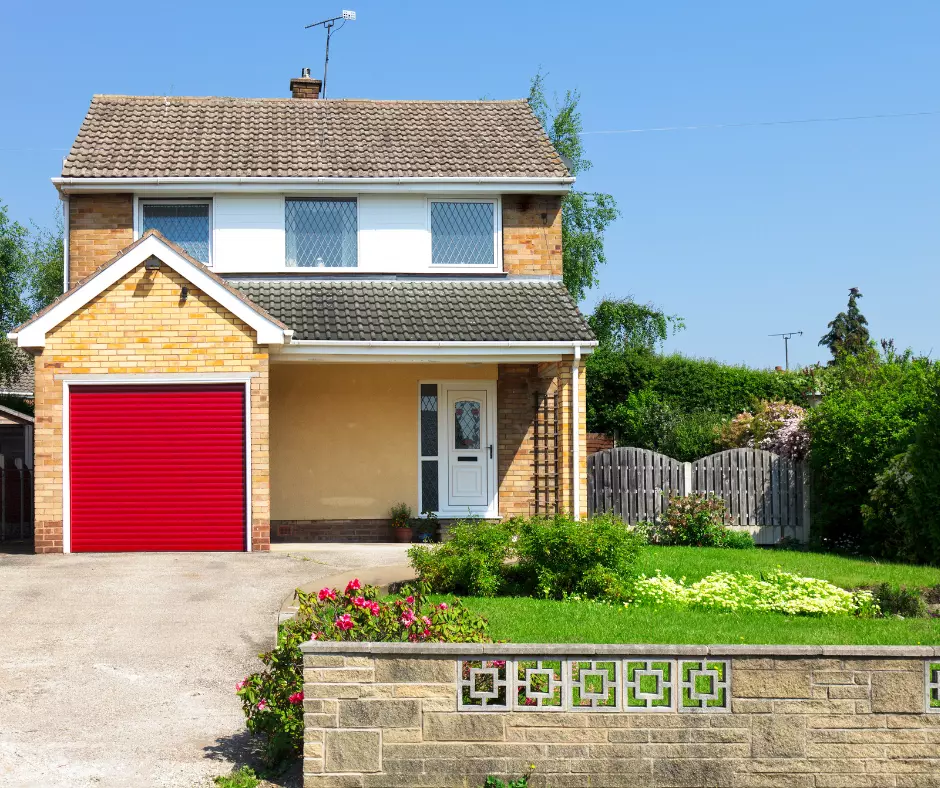
Home extension is a way to increased living space
One of the primary reasons homeowners consider house extensions is the desire for more living space. Whether it’s a growing family, a need for a home office, or dining room or simply a desire for additional comfort.
This new room can accommodate your growing family, personal hobbies, or even serve as an entertainment area. With careful planning and design, an extension can enhance the functionality of your original house, making it more enjoyable and convenient to live in.
House Extensions can provide the extra square footage you require. With a well-designed extension, you can create functional rooms that cater to your specific needs, enhancing your lifestyle and increasing the overall value of your property.
Types of house extension
There are numerous extension types available to suit your needs and budgets. Carefully consider your requirements, consult with professionals, and check house extension cost of each option based on your existing building layout and available garden space.
There is short and simple explanation what options you have:
Single-storey rear extension:
A single-storey extension is a versatile and popular choice for homeowners looking to increase their living area. By extending the ground floor towards the rear of the property, you can create additional space for a larger kitchen, dining area, or a spacious family room. This type of extension seamlessly integrates with the existing layout and can significantly improve the flow and functionality of your home.
Two-storey extension:
Ideal for those in need of significant expansion, a two-storey extension adds an extra floor or two above the existing structure. This extension offers ample room for multiple purposes, such as additional bedrooms, bathrooms, or a dedicated home office. The two-storey design allows for a more extensive transformation of your home, accommodating growing families or providing space for various activities.
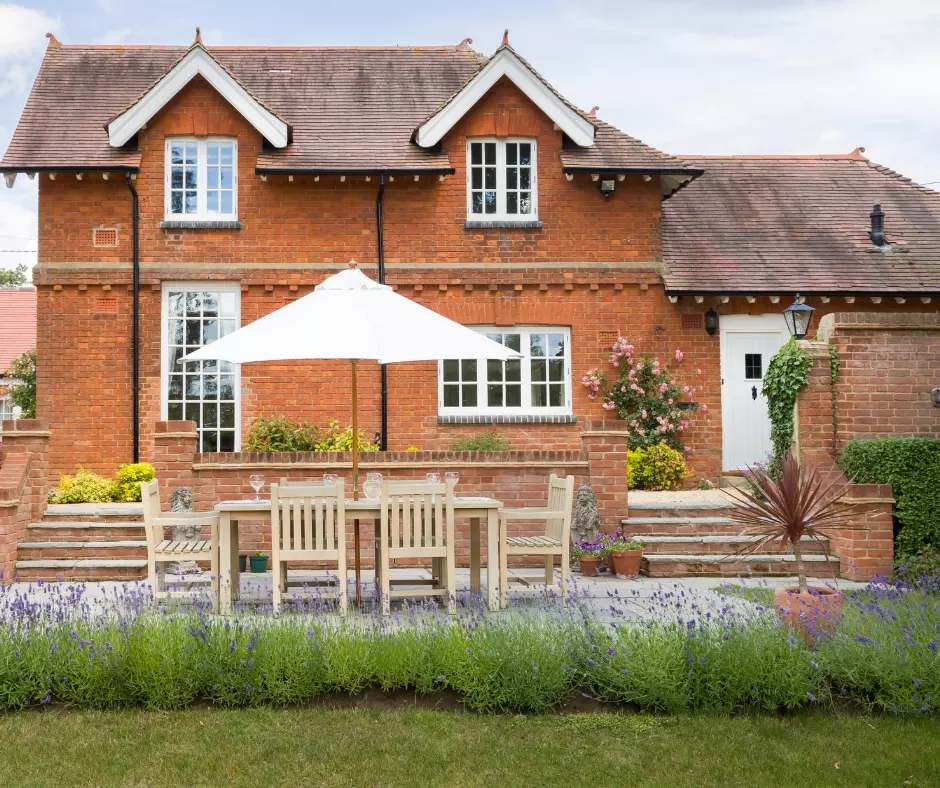
Side Extension:
When rear extensions aren’t feasible due to space limitations or planning restrictions, a side extension can be a fantastic alternative. This type of extension involves expanding the existing structure towards the side of existing house. Side extensions are particularly beneficial for maximizing narrow plots and can be used to create additional rooms like a study, utility room, or playroom. They can effectively increase the overall space without compromising the outdoor area.
Wrap-around Extension:
For homeowners seeking a significant transformation, a wrap-around extension offers a comprehensive solution. This extension combines both rear and side extensions, encircling a substantial portion of your existing home. With a wrap-around extension, you have the opportunity to reimagine the entire ground floor layout. It allows for the creation of spacious open-plan living areas or the addition of multiple rooms to cater to specific needs, such as a home gym, hobby space, or a guest suite.
Loft Conversion:
Utilizing the existing loft space is a popular choice for homeowners seeking additional living areas without altering the footprint of their property. A loft conversion involves transforming the underutilized attic into functional space, such as bedrooms, a home office, or a cozy retreat. Loft conversions often offer unique architectural features, including exposed beams and skylights, while maximizing the potential of your home’s vertical space.
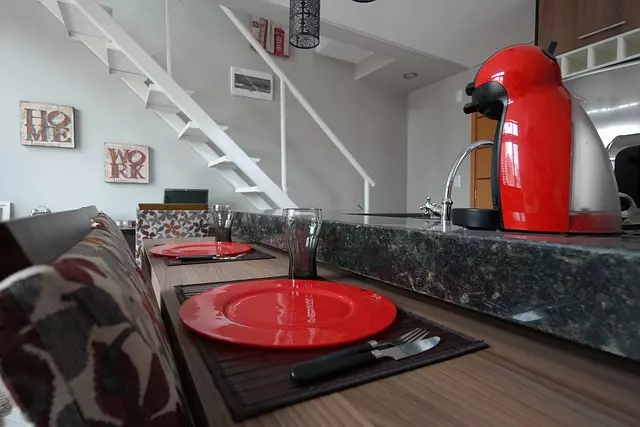
Basement Extension:
When outdoor space is limited, and you need substantial expansion, a basement extension can be an excellent solution. By excavating beneath your home, you can create an additional lower level that can be used for various purposes, including a home theater, gym, or entertainment area. Basement extensions offer a significant increase in square footage without altering the property’s exterior, making them an attractive option for maximizing space.
House extension cost
Building an extension is a financial investment. House extension costs can vary depending on the size, type, complexity, and location of the project and all additional costs as architectural drawings.
There is many options of house extension so you need evaluate your budget and compare it with the potential benefits. While an extension can add value to your property and potentially yield a positive return on investment, it’s essential to calculate the building costs involved, including construction, extension project, permits, materials, and legal fees.
Conducting a thorough cost analysis will help you determine whether the financial commitment aligns with your long-term goals.
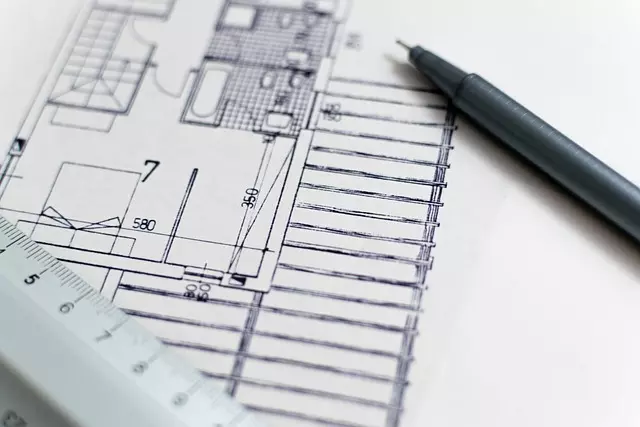
Planning permission and regulations
When you decide to start the project , it’s crucial to navigate the planning and regulatory process. Depending on your location, there may be local planning restrictions, building regulations, and gain planning permisssion by your local authority.
Also if you live in Terraced house or semi-detached house there may be more documents needed as a party wall agreement from your local planning Authority. But working with a professional architect or builder can help you understand the requirements and ensure your extension complies with all necessary regulations.
Most people don’t have problem to get planning permission apart of those who lives in „designated areas” as national park, or world heritage site.
Construction process
After all planning, extension design and paperwork the construction begins. Now you are closer to your new space on your existing property.
A house extension involves construction work, which inevitably leads to some level of disruption. Depending on the size and complexity of the extension, your daily routine may be disturbed, sometimes you may need to temporarily relocate to further part of property or find alternative accommodation at your Family or Friends during the construction phase. But that means that you are very Close to your extra space.
Increased Property Value
House extensions, when done right, can significantly boost the house prices. The additional square footage and improved layout can make your home more appealing to potential buyers. When it comes time to sell, a well-executed extension can set your property apart from others in the market, attracting a higher selling price and potentially providing a solid return on investment.

Designing a functional space – tips for planning your house extension
Embarking on a house extension can be an exciting venture. It provides an opportunity to tailor your property to better fit your lifestyle needs, whether that means more room for a growing family or a dedicated home office. However, designing a functional space that meets your needs and adheres to planning permission and permitted development rules can be quite a challenge. To navigate this process smoothly, consider the following tips:
Understand the scope of permitted development rights
Before starting your house extension project, it’s crucial to understand your permitted development rights. These rights allow homeowners to undertake certain types of work without needing to apply for planning permission. However, they are subject to specific limits and conditions, and vary depending on your location and the type of property you have. Gaining a clear understanding of these rules can help prevent any legal issues and save you from potential redesigns or modifications.
Secure a lawful development certificate
Even if your house extension falls within the permitted development rules, it’s advisable to apply for a lawful development certificate from your local planning authority. This document confirms that the proposed work is lawful and can be beneficial when you sell your home, providing reassurance to potential buyers that your house extension meets all the necessary legal requirements.
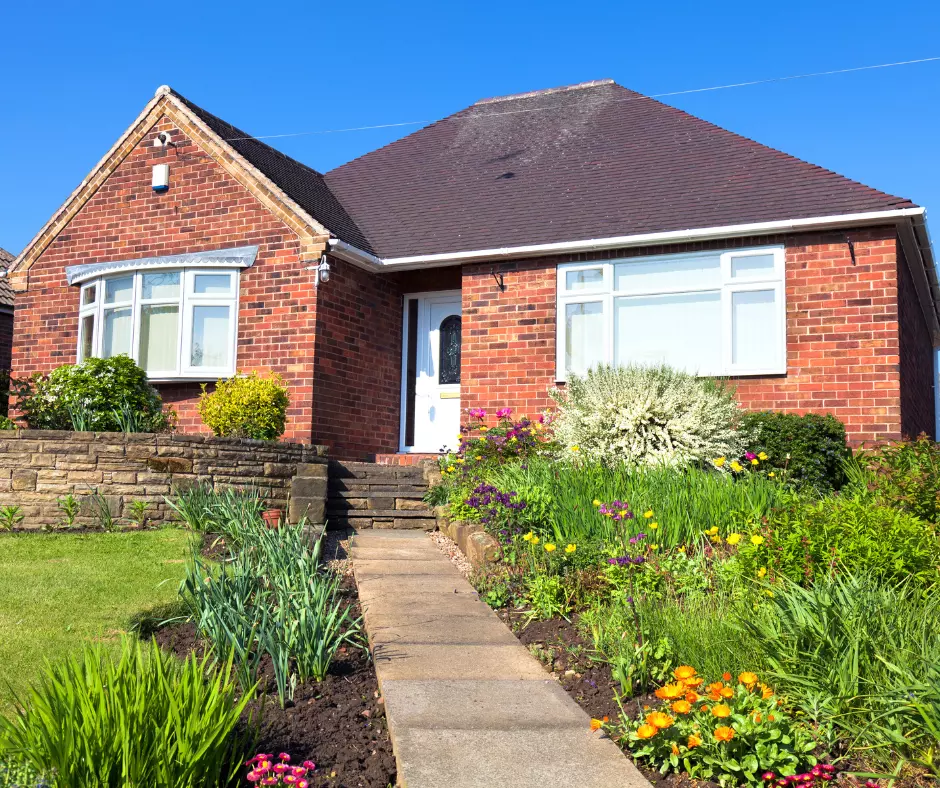
Project manage your extension effectively
Project management is a critical aspect of a house extension. From coordinating with builders and architects to managing timelines and budget, effective project management can make a significant difference to the smooth running of the building site and the final outcome of the project.
Consider hiring a professional company if you’re not confident in your ability to oversee the project. Although this adds to the average costs, having a professional handle this aspect can save you time and potential headaches down the line.
Design the space for functionality and flow
When planning your house extension, consider how the new space will be used and how it will interact with the existing structure. Whether you’re adding a kitchen, living room, bedroom, or office, the design should allow for natural flow between rooms. Consider factors such as natural light, views, privacy, and how the extension will change the overall layout of your home.
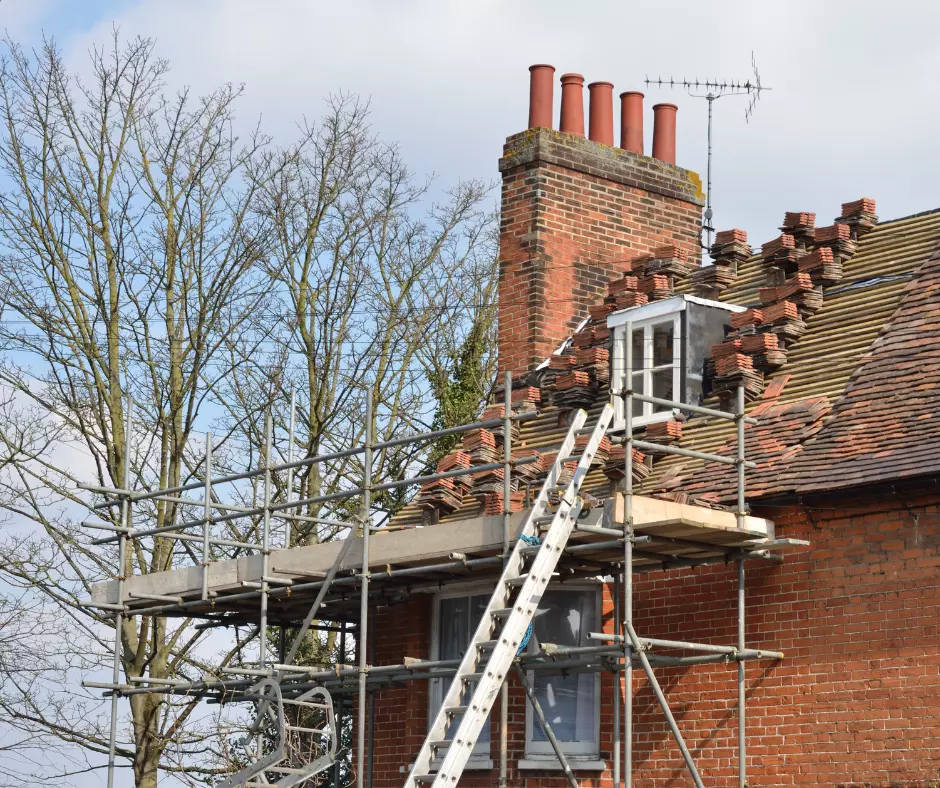
Involve professionals early
Involve professionals, such as professional builders. They can provide valuable advice on maximizing space, adhering to permitted development rights, and securing planning permission if necessary. They can also help you visualize your ideas with professional advices.
Keep in mind average costs and budgeting
Understanding average costs for similar projects can help you set a realistic budget for your house extension. Remember, however, that costs can vary greatly depending on the complexity of the project, the materials used, and your specific location. It’s always a good idea to budget for additional unforeseen expenses that may arise during the construction process.

Plan for the long term
Lastly, while designing your house extension, think about how your needs might change over time. Future-proofing your design can save you from another potentially costly extension down the line.
House extension – is it worth?
Deciding whether a house extension is worth it depends on your unique circumstances, budget, and long-term goals. While extensions can provide additional living space, convenience, and potentially increase the value of your property, they come with financial costs, planning considerations, and temporary disruptions. Weighing the pros and cons, evaluating your needs, and consulting with professionals in the field will help you make an in decision. Remember, every homeowner’s situation is different, so what works for one may not be the best choice for another.
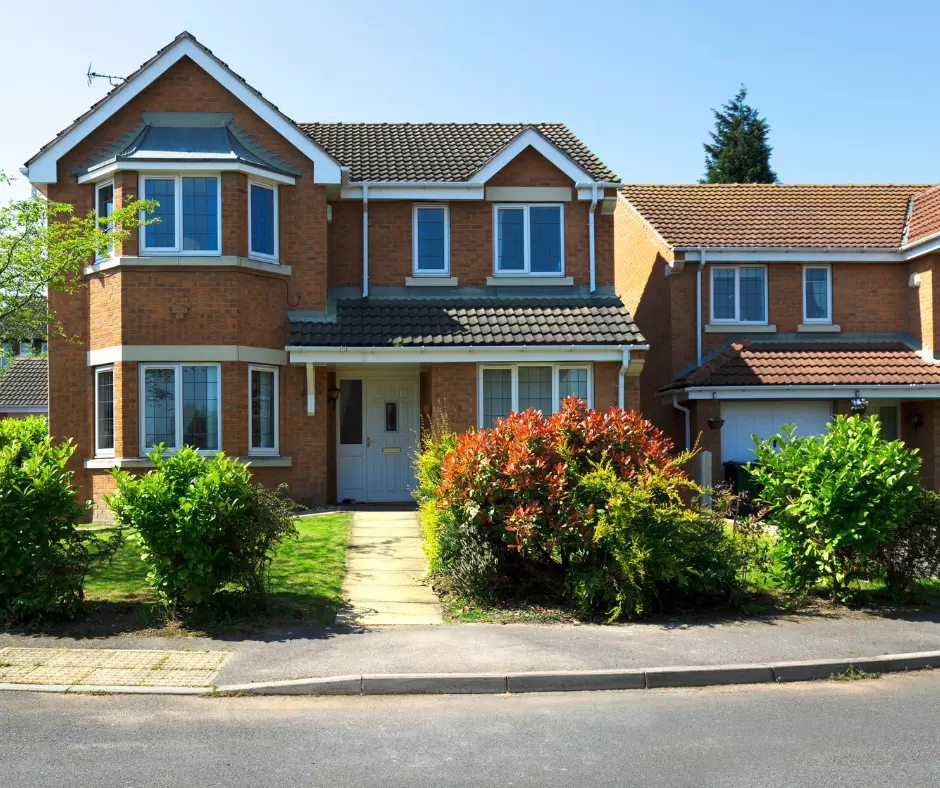
Selecting the right professionals for your house extension
When planning a house extension, choosing the right professionals for the job can make all the difference. As a professional building company, we understand the intricacies involved in adding space to your home, whether it’s a simple single-storey extension or a more complex project involving more than one storey.
One of the key benefits of hiring a professional building company is our knowledge of planning rules and regulations. We can help you navigate the process of gaining planning permission, taking the stress out of your hands. If your property is a listed building, our experience and understanding of the specific requirements will ensure we obtain the necessary listed building consent in a timely and efficient manner.
Moreover, a professional building company ensures quality construction. We install essential components such as a damp proof course to protect your new extension from moisture damage, ensuring longevity and durability of the new space. All our work meets high industry standards, and we are covered by professional indemnity insurance, offering an extra layer of security and peace of mind for our clients.
Working with us can also save you money in the long run. Our wealth of experience allows us to anticipate potential issues before they become costly problems, keeping your project on track and within budget. Additionally, we have established relationships with suppliers and can often secure materials at lower prices.
In conclusion, selecting the right professional building company for your house extension can significantly contribute to a smoother process, higher quality outcome, and potentially substantial savings. By entrusting us with your project, you can look forward to an enjoyable and hassle-free construction experience, resulting in a beautiful, functional addition to your home.
